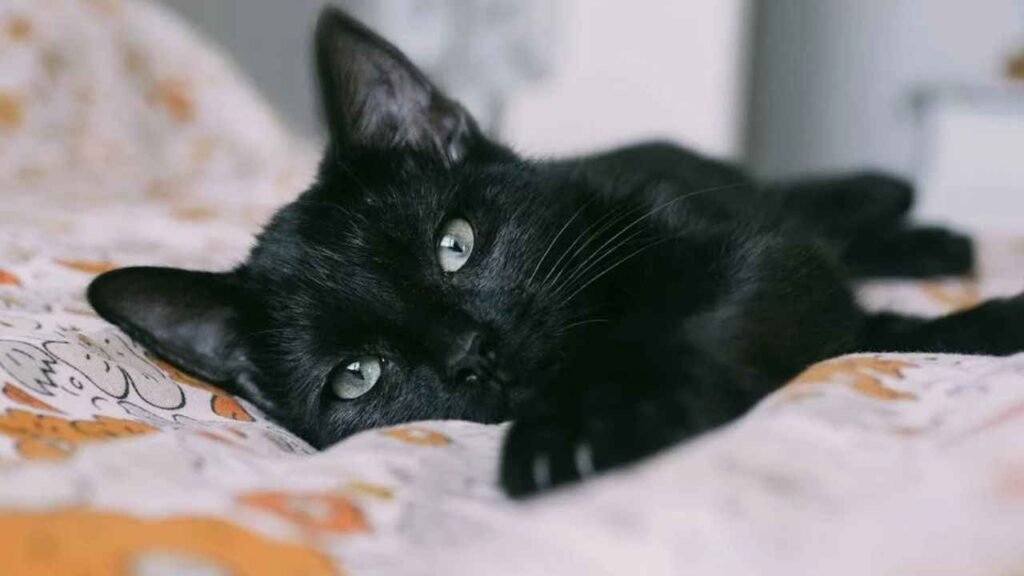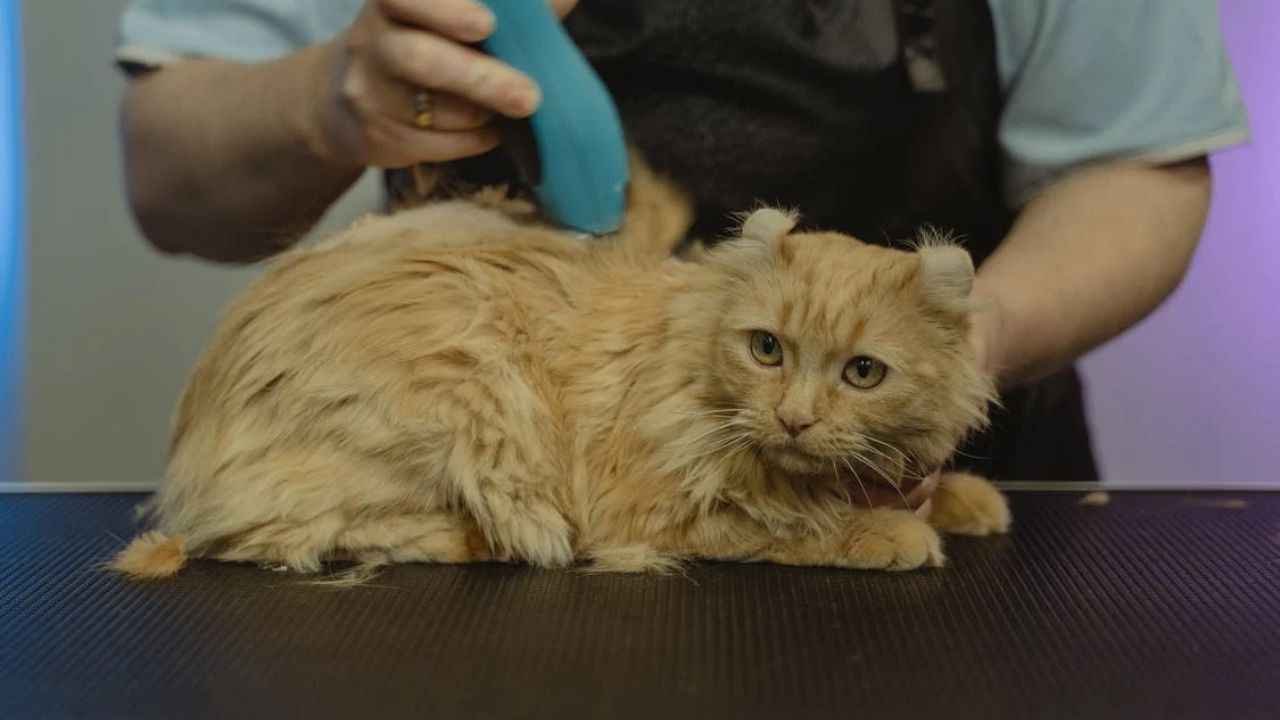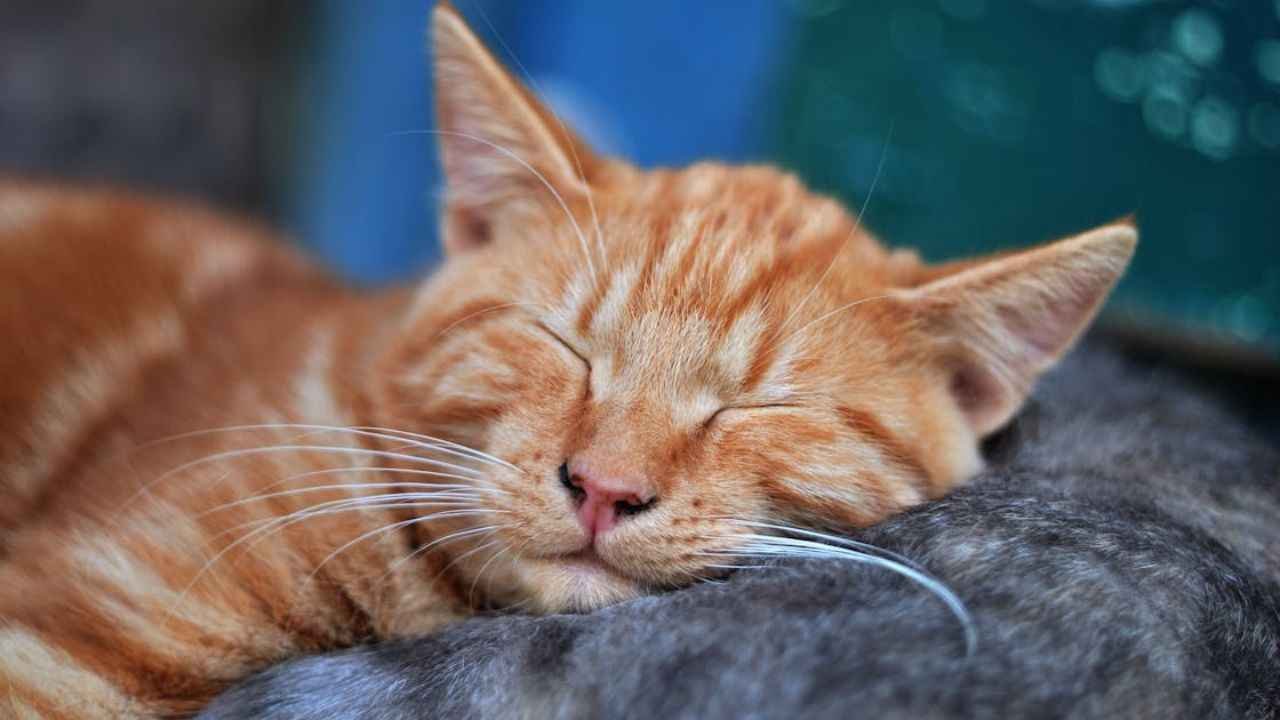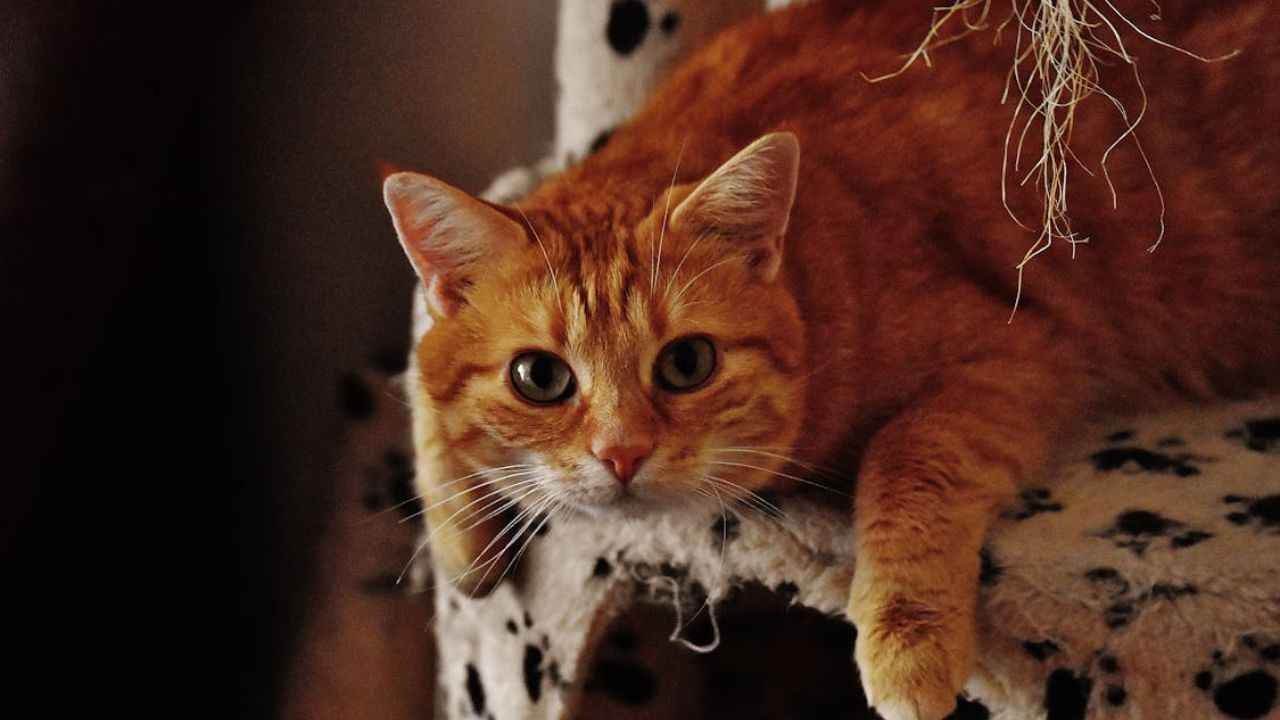Fleas, those pesky parasites, can cause immense discomfort and health issues for your beloved feline companion. While conventional flea treatments can be effective, they often contain harsh chemicals that can pose potential risks to your cat’s well-being.
In the technologically advanced year of 2025, numerous natural remedies have emerged as effective and pet-friendly alternatives. This comprehensive guide explores the latest advancements in natural flea control, empowering you with safe and effective solutions for your cat’s comfort and overall health.
Understanding the Flea Lifecycle
Before delving into natural remedies, it’s crucial to understand the flea lifecycle:
Adult Fleas: These visible parasites feed on your cat’s blood, causing irritation and discomfort.
Eggs: Adult fleas lay eggs that fall off your cat and hatch into larvae within a few days.
Larvae: Larvae feed on organic matter in your home, such as pet dander and skin flakes.
Pupae: Larvae spin cocoons to protect themselves while they transform into adult fleas.
Conventional Flea Treatments and Their Limitations
Traditional flea treatments often employ synthetic chemicals that can pose risks to your cat’s health, particularly if ingested or applied incorrectly. Chemicals like permethrin, imidacloprid, and fipronil can cause skin irritation, respiratory issues, and even neurotoxicity. While these treatments can be effective in eliminating fleas, their potential side effects warrant caution.
Natural Flea Remedies: A Safe and Effective Alternative
Natural remedies harness the power of plant-based ingredients to repel and kill fleas without the use of harsh chemicals. These remedies are generally considered safe for cats when used as directed and can provide effective flea control without compromising your pet’s well-being.
1. Essential Oils
Certain essential oils possess potent flea-repelling properties. Dilute a few drops of these oils in a carrier oil, such as coconut or jojoba oil, and apply it topically to your cat’s fur:
- Citrus oils: Lemon, orange, and grapefruit oils contain d-limonene, a natural flea repellent.
- Eucalyptus oil: This oil is highly effective in killing fleas and repelling insects.
- Tea tree oil: Antibacterial and antifungal, tea tree oil can both repel fleas and soothe irritated skin.
- Lavender oil: In addition to its calming effects, lavender oil repels fleas and ticks.
Caution: Never apply undiluted essential oils directly to your cat’s skin, as they can cause irritation.
2. Apple Cider Vinegar
Apple cider vinegar is a natural flea repellent due to its acidic nature. Add a few tablespoons to your cat’s water bowl or spray a diluted solution (50% vinegar, 50% water) on their fur, avoiding their eyes and mouth.
3. Diatomaceous Earth
Diatomaceous earth is a fine powder composed of fossilized algae. Its sharp edges dehydrate and kill fleas upon contact. Sprinkle the powder around your home, carpets, and pet bedding. Avoid inhaling the powder.
4. Neem Oil
Extracted from the neem tree, neem oil is a natural insecticide and repellent. Apply a diluted solution (1% neem oil in 99% water) topically to your cat’s fur.
5. Brewer’s Yeast
Brewer’s yeast contains B vitamins that can enhance your cat’s natural flea resistance from the inside out. Add a small amount to your cat’s food daily.
6. Coconut Oil
Coconut oil’s lauric acid repels fleas and soothes irritated skin. Apply a small amount to your cat’s fur, avoiding their eyes and mouth.
7. Lemon Juice
Lemon juice contains citric acid, which fleas find highly unappealing. Dilute lemon juice with water (1:1 ratio) and spray it on your cat’s fur or around your home.
8. Basil
Basil is a natural flea repellent. Plant basil in your home or add it to your cat’s food.
9. Garlic
Garlic is a powerful flea repellent, but use it in moderation as it can be toxic to cats in large amounts. Add a small amount of crushed garlic to your cat’s food.
10. Vacuuming and Cleaning
Regular vacuuming and cleaning help remove flea eggs, larvae, and adults from your home environment. Use a vacuum with a flea filter to prevent eggs from hatching.

| Why Does My Cat Meow at Night? Understanding Your Cat’s Feelings |
| How to Help a Stressed Cat Adjust to a New Home |
| How to Keep Indoor Cats Entertained in 2025 |
Prevention is Key
Preventing flea infestations is crucial for maintaining your cat’s health and comfort. Implement the following preventive measures:
1) Regular Brushing: Brush your cat’s fur regularly to remove loose hair and potential sources of flea habitat.
2) Monthly Flea Checks: Inspect your cat’s fur and skin regularly, especially after outdoor exposure, for signs of fleas or flea dirt.
3) Treat Your Yard: Apply pet-safe flea control products to your yard to prevent flea populations from breeding in your outdoor space.
4) Wash Pet Bedding Regularly: Launder your cat’s bedding in hot water to kill any present fleas or eggs.
5) Keep Cats Indoors: Outdoor cats have a higher risk of flea exposure. Consider keeping your cat indoors or providing them with controlled outdoor access.
Conclusion
Natural remedies offer a safe and effective alternative to conventional flea treatments, providing pet owners with peace of mind and comfort for their feline companions. By embracing these natural solutions, you can combat flea infestations without compromising your cat’s health. Remember to prioritize flea prevention practices and consult with your veterinarian if the infestation persists or your cat exhibits signs of discomfort or irritation. By working together with your veterinarian and implementing these natural remedies, you can maintain your cat’s health and provide them with a flea-free and comfortable environment they deserve.
FAQs on Natural Remedies for Fleas on Cats
What are the most effective natural flea remedies for cats?
Apple cider vinegar, lemon juice, neem oil, and rosemary oil have been shown to repel fleas.
How do I apply apple cider vinegar to my cat?
Dilute 50% apple cider vinegar with 50% water and spray it on your cat’s fur, avoiding their eyes.
Can I give my cat lemon juice internally?
No, lemon juice should only be applied externally to your cat’s fur. Ingesting lemon juice can be toxic.
How often should I use neem oil on my cat?
Once a month, dilute 5 drops of neem oil in 1 ounce of carrier oil (such as coconut or olive oil) and massage it into your cat’s skin.
Is rosemary oil safe for cats?
Yes, rosemary oil is safe for cats when used in small amounts. Diffuse 2-3 drops in your home or add a few drops to your cat’s shampoo.
Can I use essential oils directly on my cat’s skin?
No, essential oils should always be diluted in a carrier oil before being applied to your cat’s skin.
What are the potential side effects of using natural flea remedies?
Some natural flea remedies can cause skin irritation or allergic reactions. Always test the remedy on a small area of your cat’s skin before using it on their entire body.
How long does it take for natural flea remedies to work?
Natural flea remedies typically take a few days to a few weeks to take effect.
Can I use natural flea remedies alongside conventional flea treatments?
It is advisable to consult with your veterinarian before using natural flea remedies alongside conventional treatments.
What if my cat has a severe flea infestation?
In cases of severe infestations, you should seek professional medical help from your veterinarian.




